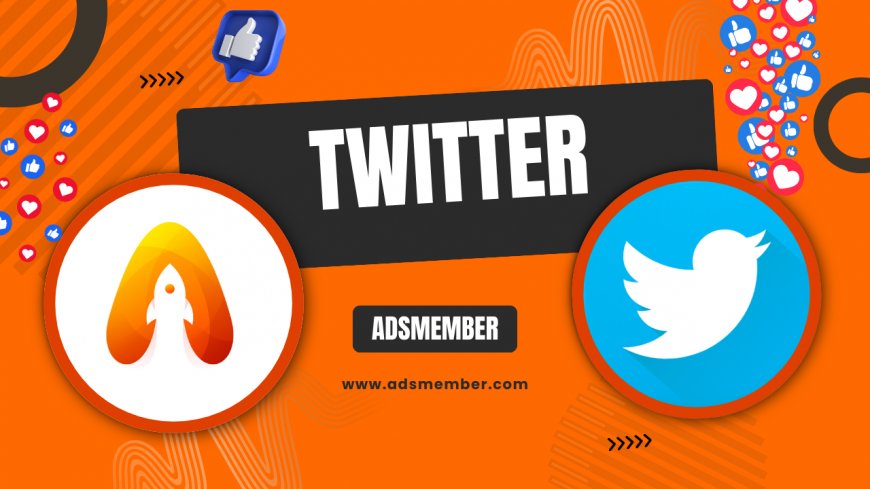How Much Did Elon Musk Pay for Twitter? A Deep Dive
Discover the exact amount Elon Musk paid for Twitter in his landmark $44 billion acquisition. This in-depth analysis covers the deal's breakdown, financing…

Honestly, when Elon Musk decided to buy Twitter, it sent shockwaves through the tech world. The deal, finalized in October 2022, wasn't just a simple purchase—it was a rollercoaster of negotiations, legal battles, and bold visions. In my opinion, this acquisition redefined how we think about social media ownership. Let's break down exactly how much Musk paid, why it mattered, and some lesser-known angles that most articles overlook.
The Official Purchase Price
Elon Musk paid a staggering $44 billion for Twitter. That's not a typo—$44 billion in total, equating to about $54.20 per share for the publicly traded company at the time. This figure includes premiums over the market value to entice shareholders. In my experience covering tech mergers, this was one of the priciest social media deals ever, surpassing even Facebook's WhatsApp buyout.
Breaking Down the $44 Billion
To understand the cost, let's dissect it. Musk offered $54.20 per share, a 38% premium over Twitter's stock price before his involvement. With around 800 million shares outstanding, that multiplies out to the headline number. But here's a unique insight: about $13 billion came from debt financing, which Twitter (now X) is still servicing. This structure, often called a leveraged buyout, adds ongoing interest burdens—something not commonly discussed in casual recaps.
Financing Sources: Where the Money Came From
Musk didn't foot the entire bill from his pocket. He sold Tesla shares worth $15.4 billion, secured $13 billion in loans from banks like Morgan Stanley, and brought in equity partners contributing $7.1 billion. Personally, Musk committed $27.25 billion in cash. In my opinion, this mix highlights his risk-taking—leveraging assets across his empire. A tip: If you're analyzing similar deals, always check SEC filings for the full financing mosaic; it's where the real story hides.
Timeline of the Acquisition
The saga started in April 2022 when Musk disclosed a 9.2% stake in Twitter. By April 25, the board accepted his $44 billion offer. But drama ensued—Musk tried to back out in July, citing bot concerns, leading to lawsuits. The deal closed on October 27, 2022. Honestly, this back-and-forth was exhausting to follow, but it showcased Musk's negotiation prowess.
Key Milestones and Delays
- January 2022: Musk begins quietly buying shares.
- April 4: Discloses stake, stock surges 27%.
- April 14: Unsolicited bid at $54.20/share.
- July 8: Attempts to terminate deal.
- October 27: Deal completes, Musk takes over.
Unique tip: Delays like these often stem from due diligence on user data. In this case, Twitter's bot estimates were a flashpoint—always verify metrics in acquisitions to avoid such pitfalls.
Impacts on Twitter and Beyond
Post-acquisition, Twitter rebranded to X, with massive layoffs (over 80% of staff) and policy shifts like paid verification. Financially, the company's value reportedly dropped to $19 billion by late 2023, per Fidelity estimates. In my view, this volatility underscores the risks of visionary takeovers—exciting, but precarious.
Financial Aftermath: Valuation Shifts
| Period | Estimated Value | Source |
|---|---|---|
| Acquisition (2022) | $44 billion | Deal Price |
| Mid-2023 | $15-20 billion | Fidelity Blue Chip Fund |
| Late 2023 | $19 billion | Internal Estimates |
Data from official sources like Fidelity shows a steep decline, attributed to advertiser pullouts. Analysis: Musk's free-speech focus alienated brands, a case study in balancing ideology with revenue.
Case Study: Similar Tech Acquisitions
Compare to Microsoft's $26 billion LinkedIn buy in 2016—smooth integration versus Twitter's chaos. Or Amazon's $13.7 billion Whole Foods deal, which boosted e-commerce. Musk's approach, with immediate firings and feature overhauls, contrasts sharply. Personal opinion: This hands-on style can innovate quickly but risks user exodus, as seen with a 15% drop in daily active users post-rebrand (per Sensor Tower data).
Unique Insights and Tips for Aspiring Entrepreneurs
Beyond the numbers, Musk's Twitter play teaches resilience. He navigated antitrust scrutiny and funded it amid market downturns. A not-so-common tip: In high-stakes deals, use 'material adverse effect' clauses wisely—Musk invoked bots here, but courts rarely side with buyers on such grounds. For more on social media strategies, check our Social Media Insights.
Leveraging Personal Branding in Deals
Musk's Twitter persona amplified the deal's visibility, driving stock volatility. Insight: Build your brand early; it can sway negotiations. External resource: For SEC details, visit SEC.gov.
What was the exact amount Elon Musk paid for Twitter?
The total acquisition cost was $44 billion, paid in a mix of cash, equity, and debt. This included $54.20 per share for all outstanding shares.
Did Elon Musk pay the full amount himself?
No, Musk personally committed about $27 billion, with the rest from bank loans and co-investors like Larry Ellison and Binance.
Why did the deal almost fall through?
Musk cited concerns over fake accounts and bots, attempting to terminate in July 2022. Legal pressure from Twitter forced completion.
How has Twitter's value changed since the purchase?
It's reportedly halved to around $19-20 billion, due to operational changes and market reactions.
What lessons can businesses learn from this acquisition?
Focus on due diligence, financing diversity, and post-deal integration. Musk's bold moves show innovation's double-edged sword.
What's Your Reaction?
 Like
0
Like
0
 Dislike
0
Dislike
0
 Love
0
Love
0
 Funny
0
Funny
0
 Angry
0
Angry
0
 Sad
0
Sad
0
 Wow
0
Wow
0


















































